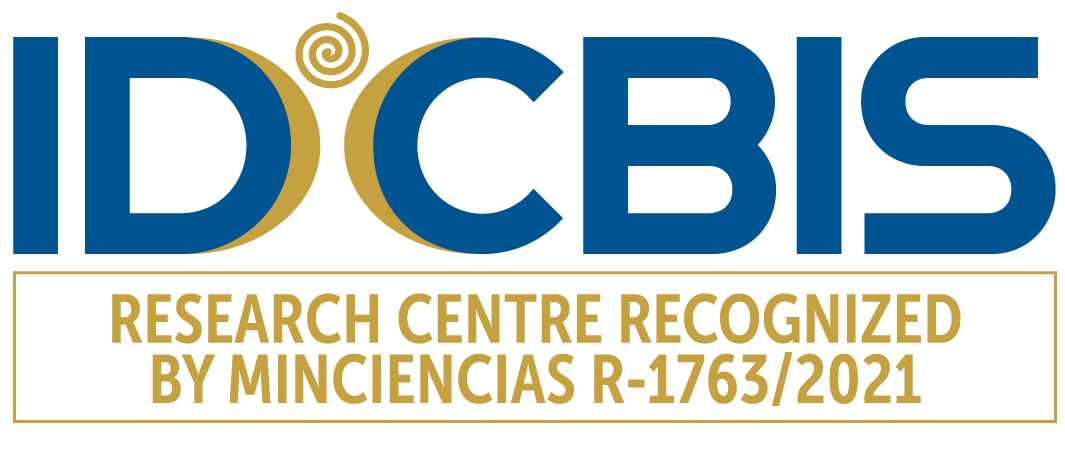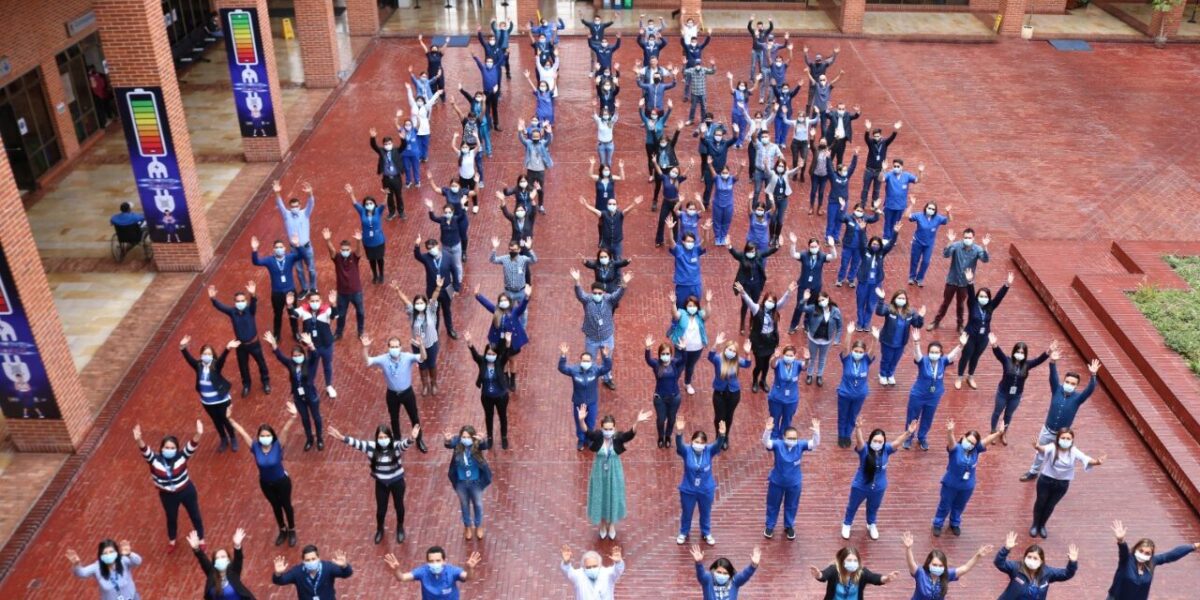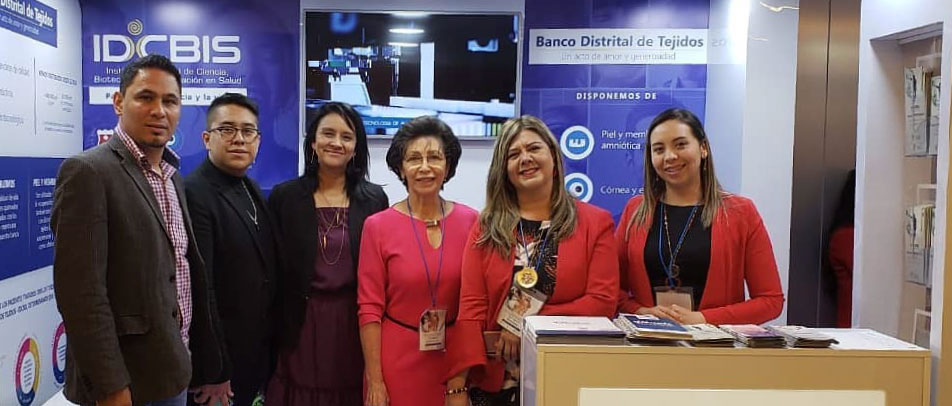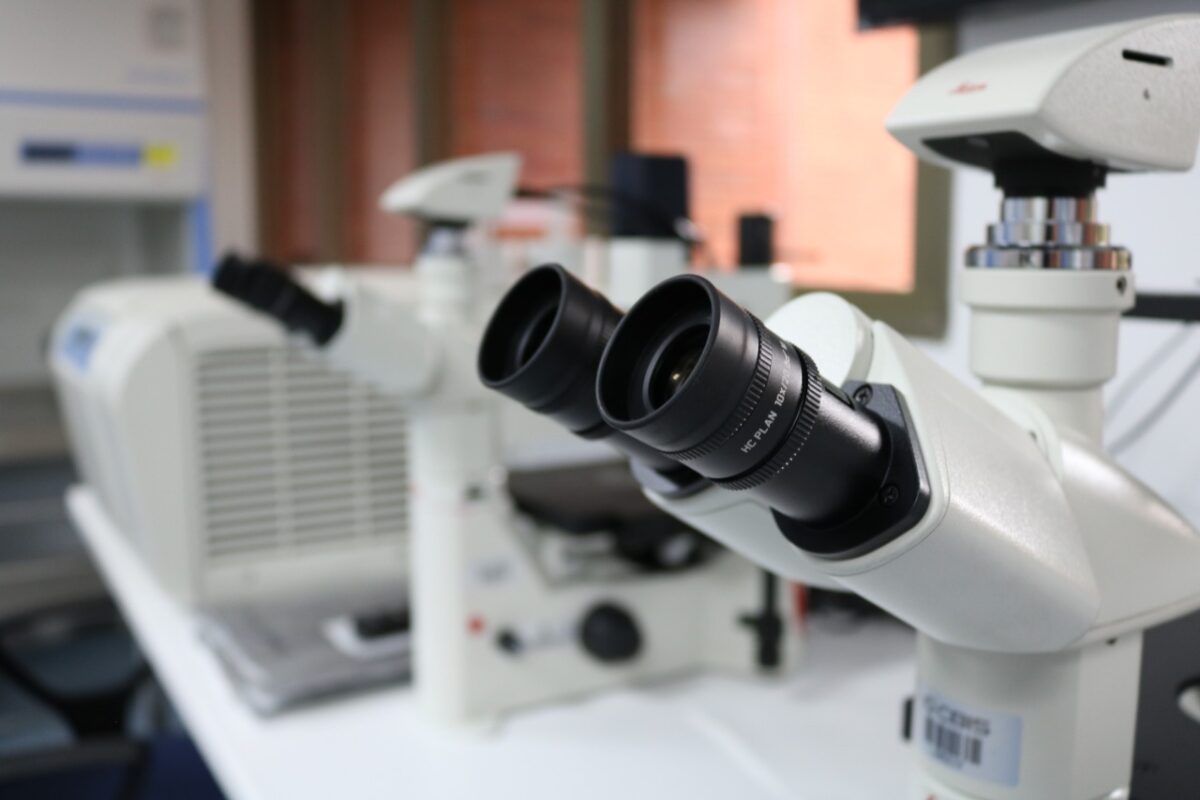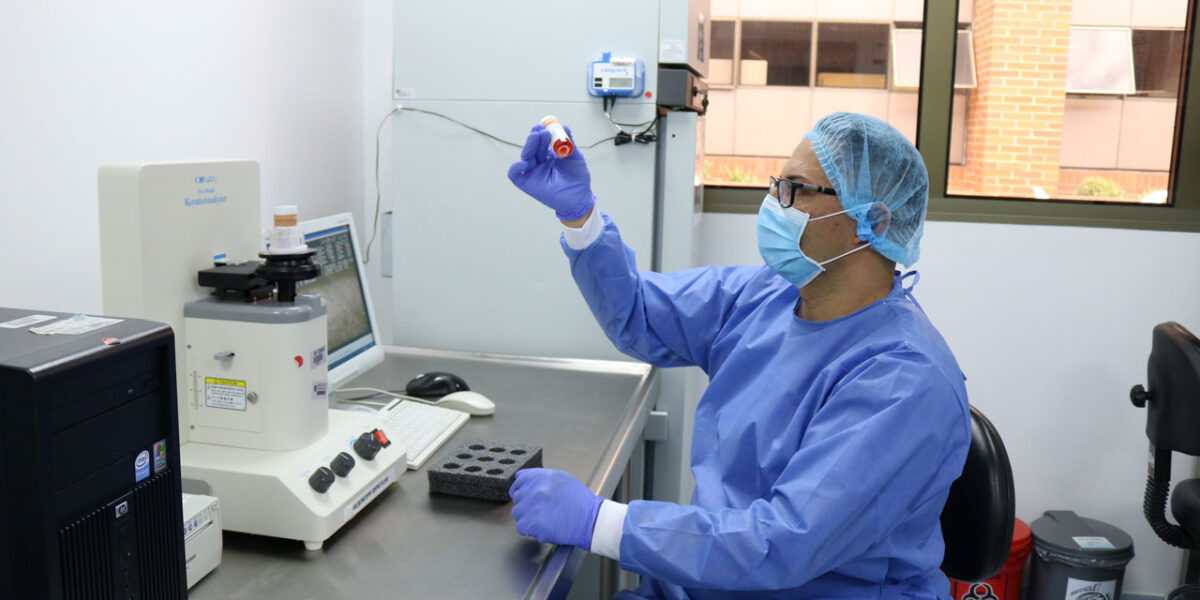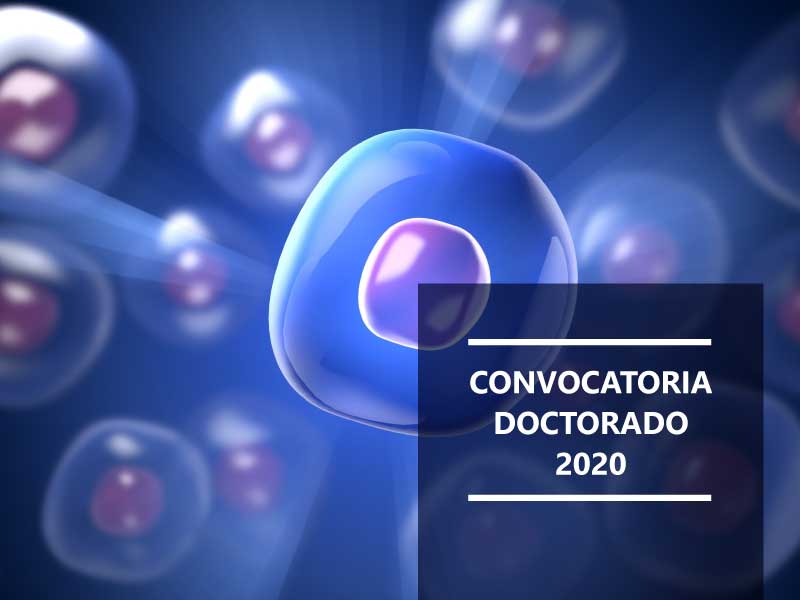The District Institute of Science, Biotechnology and Innovation in Health (IDCBIS) is celebrating its fourth anniversary and the 20th anniversary of the District Blood Bank, formerly known as the District Hemocenter.
In March 2017, the District Institute of Science, Biotechnology and Innovation in Health (IDCBIS) was formally created with 9 founding entities: the District Health Secretariat, the four Integrated Health Services Sub-Networks of the District, the National University of Colombia, Los Andes, Javeriana, and the National Institute of Cancerology. Subsequently, the Colegio Mayor de Nuestra Señora del Rosario joined the board of directors.
During these 4 years the Institute has established itself as a pioneering health research center that has contributed to the development of science in Bogota and the country, thanks to its management lines such as: District Tissue Bank, District Blood Bank, Advanced Therapies Unit, Umbilical Cord Blood Bank and the National Registry of Hematopoietic Progenitor Cell Donors (DarCélulas).
Dr. Bernardo Camacho, director and manager of IDCBIS, said "we are proud to celebrate four years of service to the community, patients and science. Today we remember and celebrate the research, publications and contributions that have allowed our Institute to become a scientific heritage of our city and the country".
In addition to the celebration of the Institute, this year the District Blood Bank, formerly Hemocentro Distrital, completed 20 years in which it has established itself as a national and international reference bank for training and education of human talent in blood banking and transfusion services, capturing 673,817 donations and distributing 1,116,821 blood components.
Throughout these years the IDCBIS has worked permanently, not only in the promotion and strengthening of the culture of blood donation, but also of tissue donation, management that has made it worthy of the Civil Order of Merit "Dona Bogotá" in 2017, 2018, 2019 and 2020, a decoration of the City Council.
The Advanced Therapies Unit is in charge of research and development of products in transfusion, tissue and cellular medicine for use at pre-clinical scale and in clinical trials. Through this unit, the generation of knowledge and innovation in biomedical sciences is promoted through the articulation of actors in science and technology, consolidating a team of highly trained researchers who annually accumulate new publications in scientific journals and doctoral and master's theses.
Bogota City Council awarded in 2020 the Order of Merit to IDCBIS for its contributions to organ and tissue donation.
As for the Cord Blood Bank, since its creation in 2013, more than 9,000 units have been collected and 47 pediatric patients with severe blood diseases in hospitals in Bogota and Medellin have received transplants.
Within the framework of these efforts made in the Advanced Therapies Unit and the Umbilical Cord Blood Bank, in 2020 the IDCBIS put at the service of the city and the country a laboratory called White Room, due to its maximum environmental control conditions (temperature, humidity, air pressure and pollution), being the only one in Colombia of this large size (280m2 approximately) and degree of complexity. These state-of-the-art facilities put the Institute in a position to strengthen national and international scientific cooperation agreements and position it as a leader in the region in innovation in cell therapy, gene therapy and tissue engineering.
In addition, in 2020 IDCBIS announced the launch of a molecular immunohematology laboratory, the first of its kind in the country and the second in Latin America, which aims to solve complex erythrocyte and platelet compatibility diagnoses through its advanced immunogenic technology.
Finally, the Registry of Hematopoietic Progenitor Cells Donors, also called DarCélulas, is a project that is in the pilot phase and already has more than 1,900 people registered, being the first program in Colombia in which potential donors of blood-forming cells for patients with serious diseases such as leukemias, lymphomas, aplasia, among others, are registered. To date, more than 17 million people have been impacted through social networks.
During these 4 years, the Institute has worked hard in a coordinated manner to take advantage of each of its strategic lines in a joint effort in which the lessons learned from all the actions carried out at the Institute are used, making it a national and international reference in biomedical sciences.
You may be interested in: Colombia to have its first molecular immunohematology laboratory

